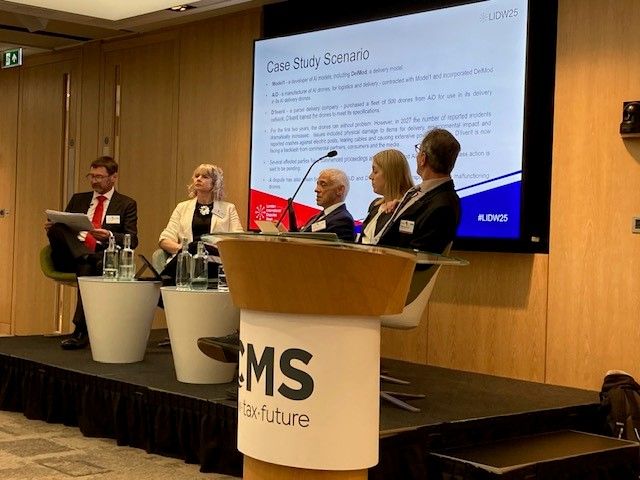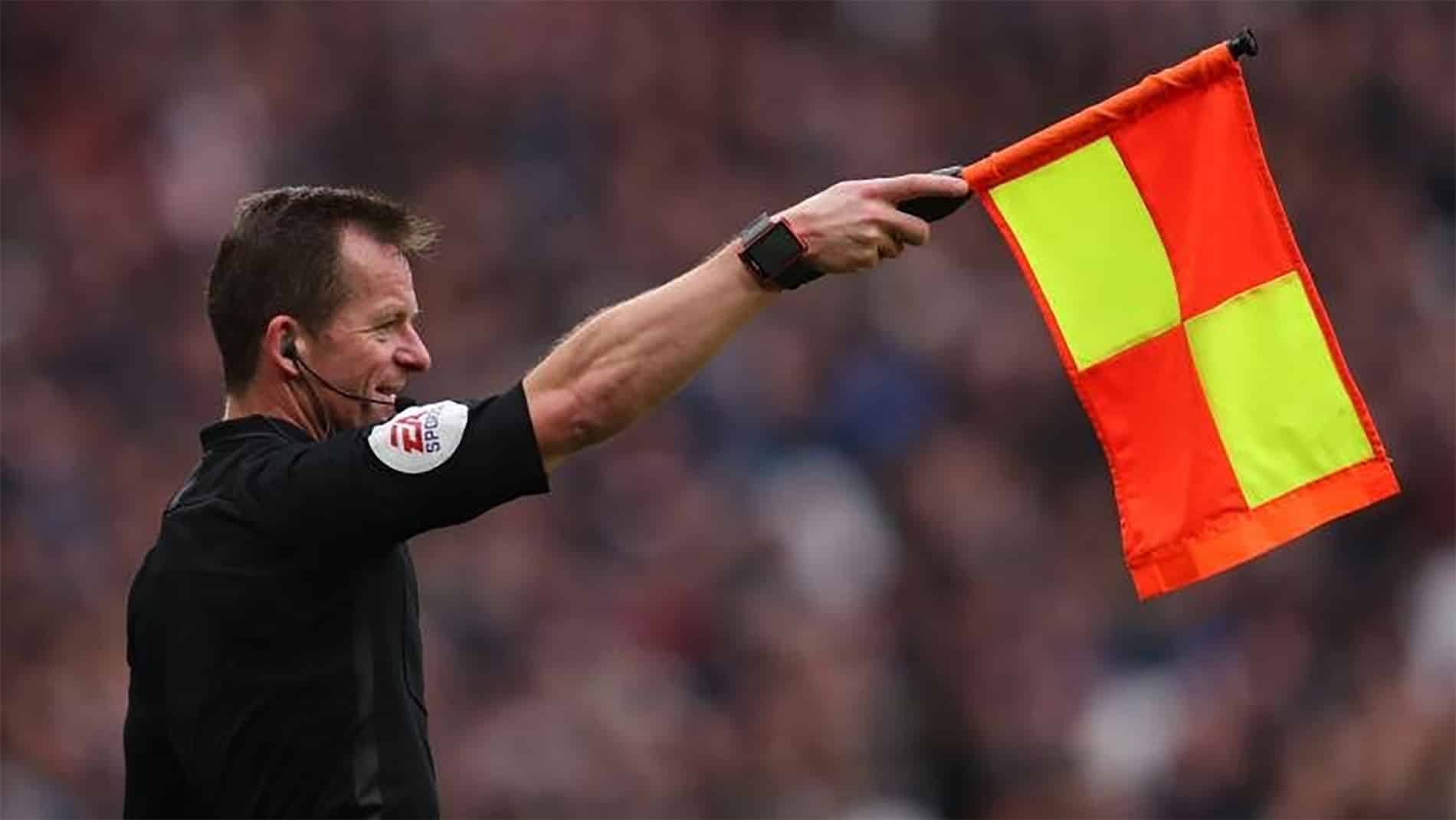Experts who work in the sectors where most clients are funded by Legal Aid, notably the Family and Criminal courts, will know that the Legal Aid Authority (LAA) operates strict controls over the fees payable to experts. Their guidance on Expert witnesses in legal aid cases includes a set of fee rates and for some specialisms defines a standard number of hours that can be charged for a given type of assessment.
However, it is fairly common for the specialist nature of the expert work involved to require a higher fee rate or more hours than the LAA would typically approve. When all parties bar one is legally aided this has led historically to the non-legally-aided party picking up the tab. A recent case was brought by the London Borough of Barnet with the aim of exploring whether this was correct and to try to standardise the approach taken by the LAA when approving non-standard expert fees.
The judge summarised the situation as follows; “In each case, the fees to be charged by one or more of the experts to be instructed exceeded the rate that, after consideration, the LAA was prepared to pay. All of the parties, save for the local authority, are legally aided. The court had previously directed that the fees were to be split equally between the parties, including the local authority, but the LAA was only prepared to sanction payment by the legally aided parties at a lower rate, leaving a short-fall in the overall fee. The point, not unreasonably, made by Barnet was that the court should not simply turn to the local authority as a matter of routine and expect it to cover the short-fall, without at least first undertaking a thorough exploration of any reasonable alternative courses of action.
The point is one that arises regularly in cases throughout England and Wales and is of obvious practical and financial importance in the management of care proceedings. Some months prior to the hearing, following receipt of a letter signed by 88 different local authorities raising the point, I invited Mr Justice Williams to convene a sub-group of the ‘President’s Experts Working Group’, which he chairs, [the ‘experts group’] to look at the issue. During the hearing I was informed that the experts group, which had been assisted by attendance from the LAA, was soon to conclude its work. I was also informed that the LAA was in the process of reviewing its guidance on this point. In the circumstances, having endorsed interim funding arrangements which had permitted the expert instructions in the two cases to proceed, I delayed preparation of this judgment so that it might encompass the outcome of the experts group’s discussions and the revised LAA guidance. “
In the event the fees for the specific cases raised by Barnet were agreed, but they illustrate the importance of appropriate expertise being involved, in both cases the opinions were required to decide whether injuries to very young babies were accidental or not.
However, the outcome of the experts group is helpfully summarised in the judgement which explains that “it is not the intention of the LAA that local authorities should make up a shortfall in expert fees (other than in unusual circumstances)” and sets out the general principles that apply. The judgement also sets out a template, agreed by the LAA, for court orders made when approving the instruction of an expert where the hours or rates will exceed the LAA rates/hours.
Members working in the Family Courts may want to direct their instructing lawyers to this guidance and template if circumstances appear to warrant an unusual level of expert fees or more hours than the standard assessment.
The Academy of Experts provides a range of authoritative guidance on experts role in the courts and on topics such as GDPR, Joint Statements, privilege and so on which is available at no charge to members in the Academy’s Knowledge Hub. You can also search our website for news and guidance on Family and other matters.
Members can also call our Technical Helpline for help and advice on ethical and practical issues from dealing with instructions to getting paid.










